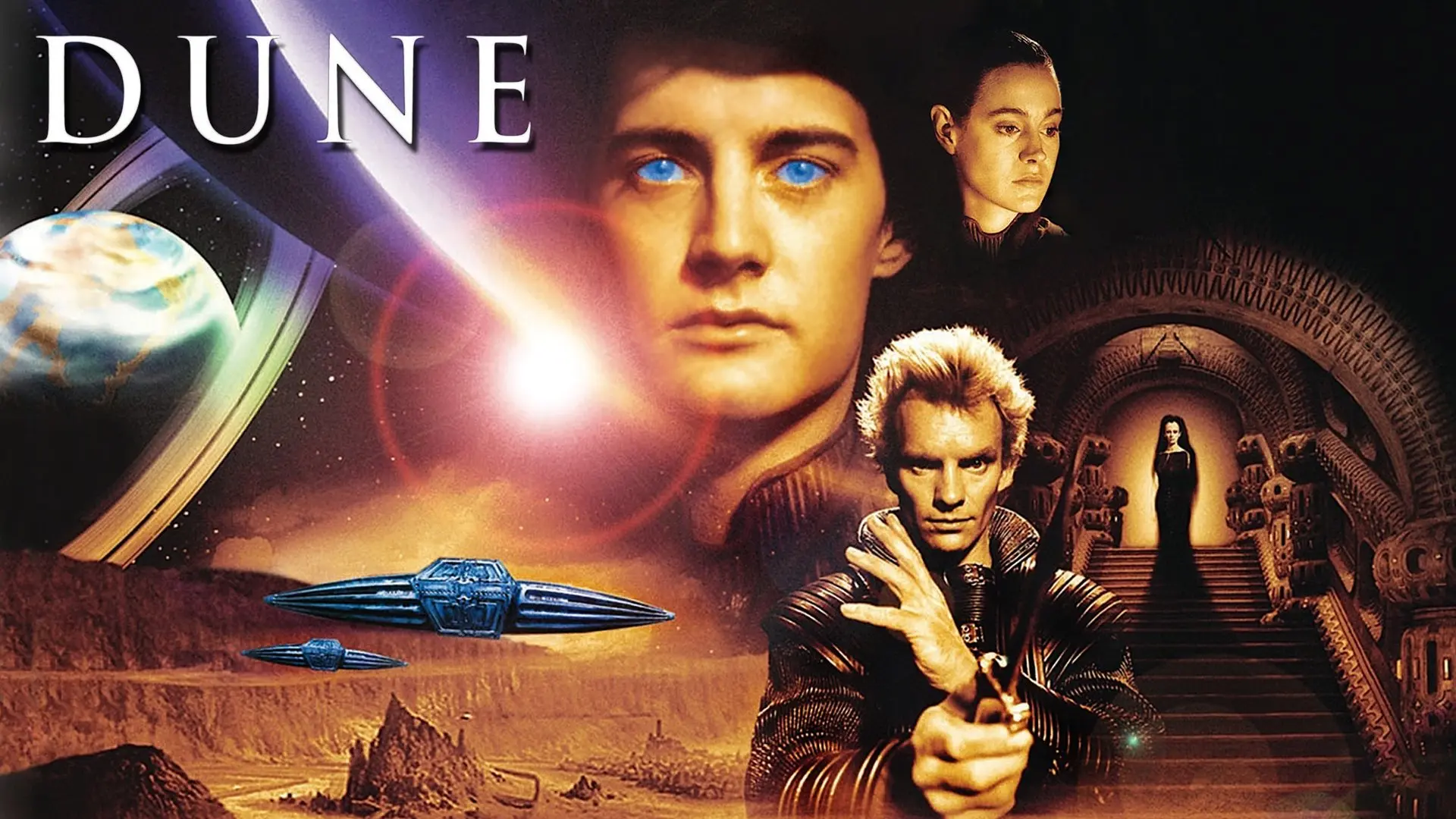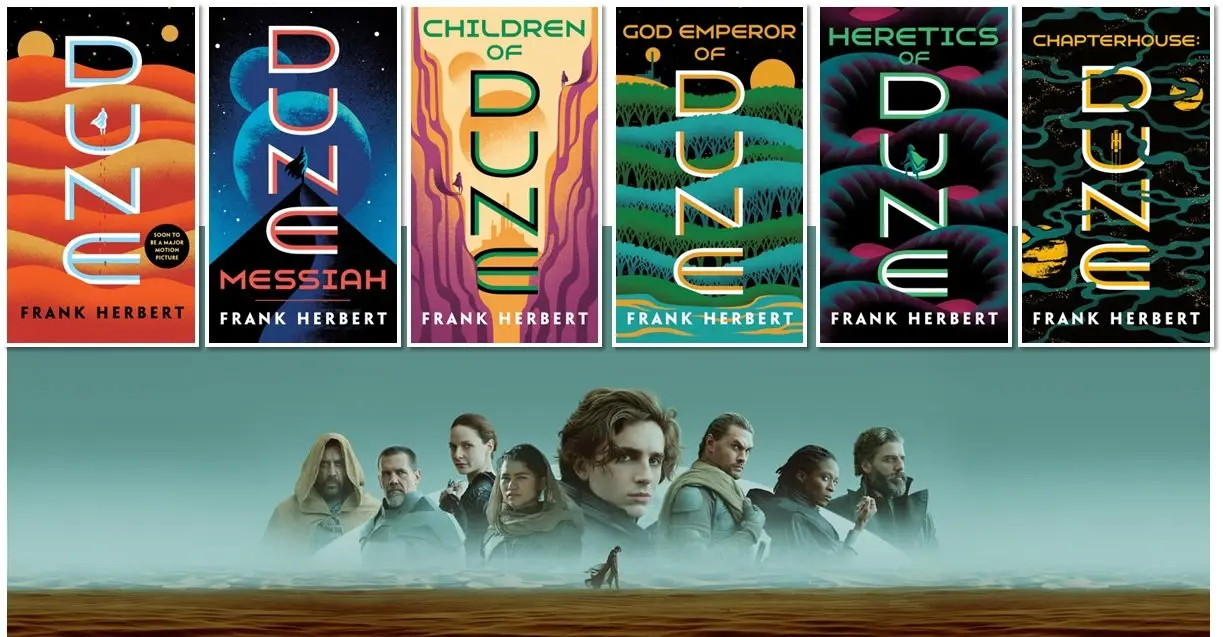In 1965, American author Frank Herbert unleashed his science fiction epic Dune upon the world, a narrative marvel that would clinch both the Hugo Award and Nebula Awards the following year. It has been hailed as "the most imaginative piece of literature ever." Dune amasses a global following of fervent fans spanning various domains. Its vast world-building and intricately woven storyline also beckoned a slew of renowned producers and directors, all eager to translate its grandeur onto the silver screen.
Failed Adaptations
Dune appeared to be exceptionally challenging to adapt, facing a tumultuous journey to the big screen. While the table below provides a brief overview of the checkered history of Dune film adaptations, this discussion will explore the formidable obstacles encountered in bringing Dune to life on celluloid.
| Year | Producer | Director | Outcome | Reason for Failure |
|---|---|---|---|---|
| 1971 | Arthur P. Jacobs | David Lean | Failed | Producer's Death |
| 1974 | Michel Seydoux | Alejandro Jodorowsky | Failed | Excessive Budget |
| 1976 | Dino De Laurentiis | Ridley Scott | Failed | Director's Voluntary Withdrawal |
| 1981 | David Lynch | Successful | Director Stripped of Editing Rights→Flop | |
| 2006 | (Paramount) | Peter Berg | Failed | Insufficient Budget |
| Pierre Morel |

Why is it So Hard to Adapt?
1 World-Building
Dune boasts an incomprehensibly vast universe and a narrative structure of immense depth. The myriad of names, groups, locations, and materials within the three major factions of the book, coupled with Frank Herbert's meticulous construction of the Dune world's unique ecological system, amalgamate through prefaces, main text, and footnotes to narrate the central storyline. Adapting such dimensions into a finite cinematic timeframe, elucidating backgrounds, embedding mysteries, fleshing out characters, and delineating power dynamics presents a daunting challenge. Thus, the difficulty of adaptation lies in navigating the enigmatic expanse of the entire Dune hexalogy, constituting an unfathomable world and an epic spanning thousands of years.

2 Intellectual Depth
The greatness of Dune lies in its construction of a sophisticated and vast future world and in the profound ideas it reveals, which are difficult for ordinary works to reach. Serving as a milestone in soft science fiction, Dune deliberately downplays the depiction of future technology instead to enhance its portrayal of human nature and society. What sets the Dune series apart from typical science fiction novels and elevates it to a true literary classic is its exploration of humanity's future and poignant contemplation of humanity's place in the tumultuous currents of destiny.

If placed in reality, the precious spice Melange produced on the planet Dune would be nearly equivalent to today's oil in terms of value and strategic importance. Melange's existence has made Dune, a barren wasteland, the focal point of contention for all parties, laying bare the desires of humanity. In the first installment of Dune, Paul's father tragically falls victim to a conspiracy involving Melange, setting young Paul on the path of vengeance and imperial ascension. Such a story resembles a science fiction version of Hamlet. Indeed, like Hamlet, the Dune series also places "fate" as its most profound theme. Dune is a lament for the Atreides family's struggle against destiny.

3 Fan Base
Balancing the expectations of adaptation amidst a diverse audience proves challenging. Reactions to Dune vary vastly, particularly between fans and those unfamiliar with the novel. While fans of the novel applaud the film's faithful portrayal, extolling its vivid depiction of a futuristic spectacle, newcomers may find themselves bewildered amidst the myriad of metaphors, dreams, and settings, even nodding off during the viewing.

With millions of Dune novel fans worldwide cultivating a robust "fandom culture," they serve as both the spiritual custodians of the film and the most significant resistance to its adaptation.
Thus, director Denis Villeneuve's painstaking faithfulness to the novel, even replicating extensive dialogue verbatim from the novel, resonates deeply with purists, facilitating their acceptance of the film and driving ticket sales and positive reviews on film review websites. Nonetheless, the film must resonate with a broader audience as a more mainstream artistic endeavor, necessitating adjustments for greater appeal.

In conclusion, the arduous journey of bringing Dune to the big screen stems from its sprawling complexity and profound philosophical depths. While Villeneuve's directorial fidelity satisfies purist fans, broader resonance with audiences may require further calibration. Ultimately, the success of Dune may hinge upon striking a balance between preserving its essence and captivating a wider audience.


 Log in
Log in

No comments yet,
be the first one to comment!